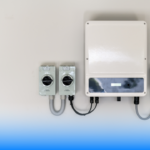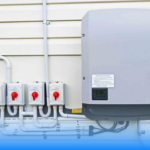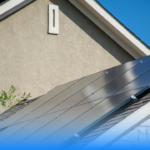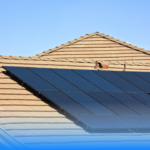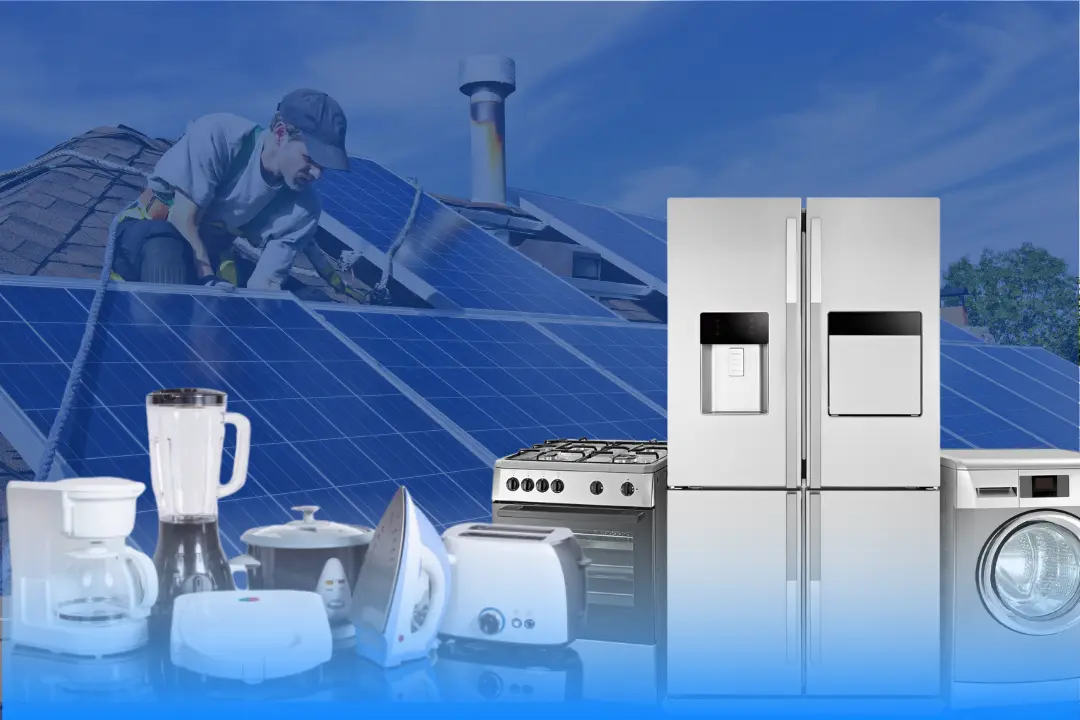How Many Appliances and Bedrooms Can Solar Cover?
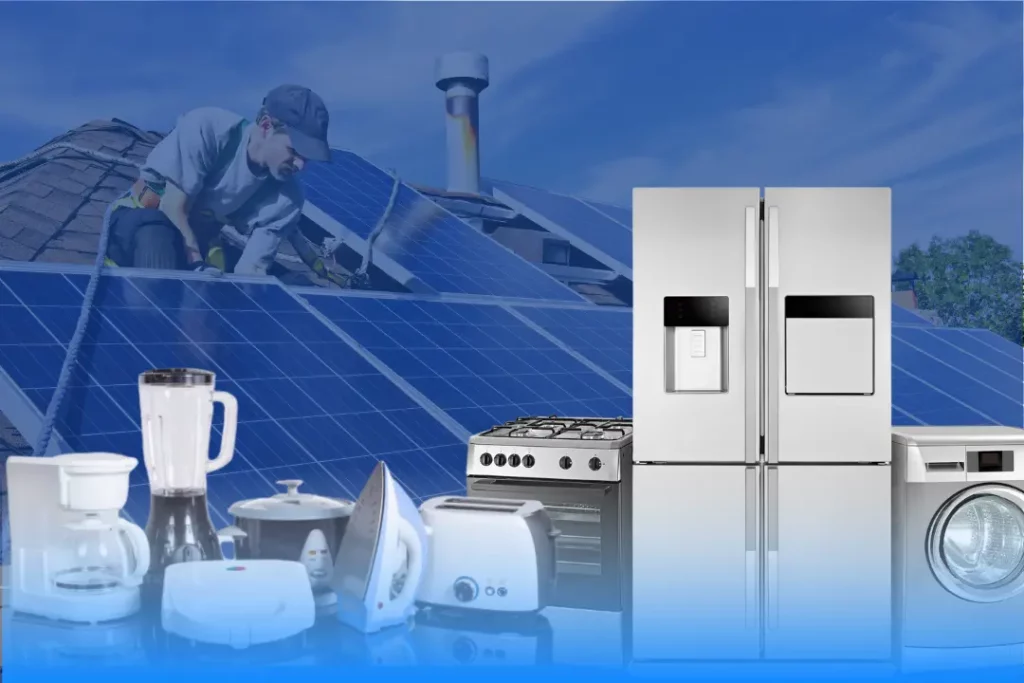
As solar power becomes an increasingly viable option for households, many are turning to solar panels to cover the energy needs of their homes. The question, however, remains: how many appliances and bedrooms can a solar system realistically cover? This article provides a detailed guide on how solar panels can power your home, from appliances to the number of bedrooms.
Table of Contents
- How Solar Power Works for Your Home
- Energy Consumption Per Bedroom
- Appliances and Solar Capacity
- Determining the Right Number of Solar Panels
- Solar Power for Multi-Bedroom Homes
- Factors Impacting Solar Panel Performance
- Pro Tips for Maximising Solar Efficiency
- FAQs
How Solar Power Works for Your Home
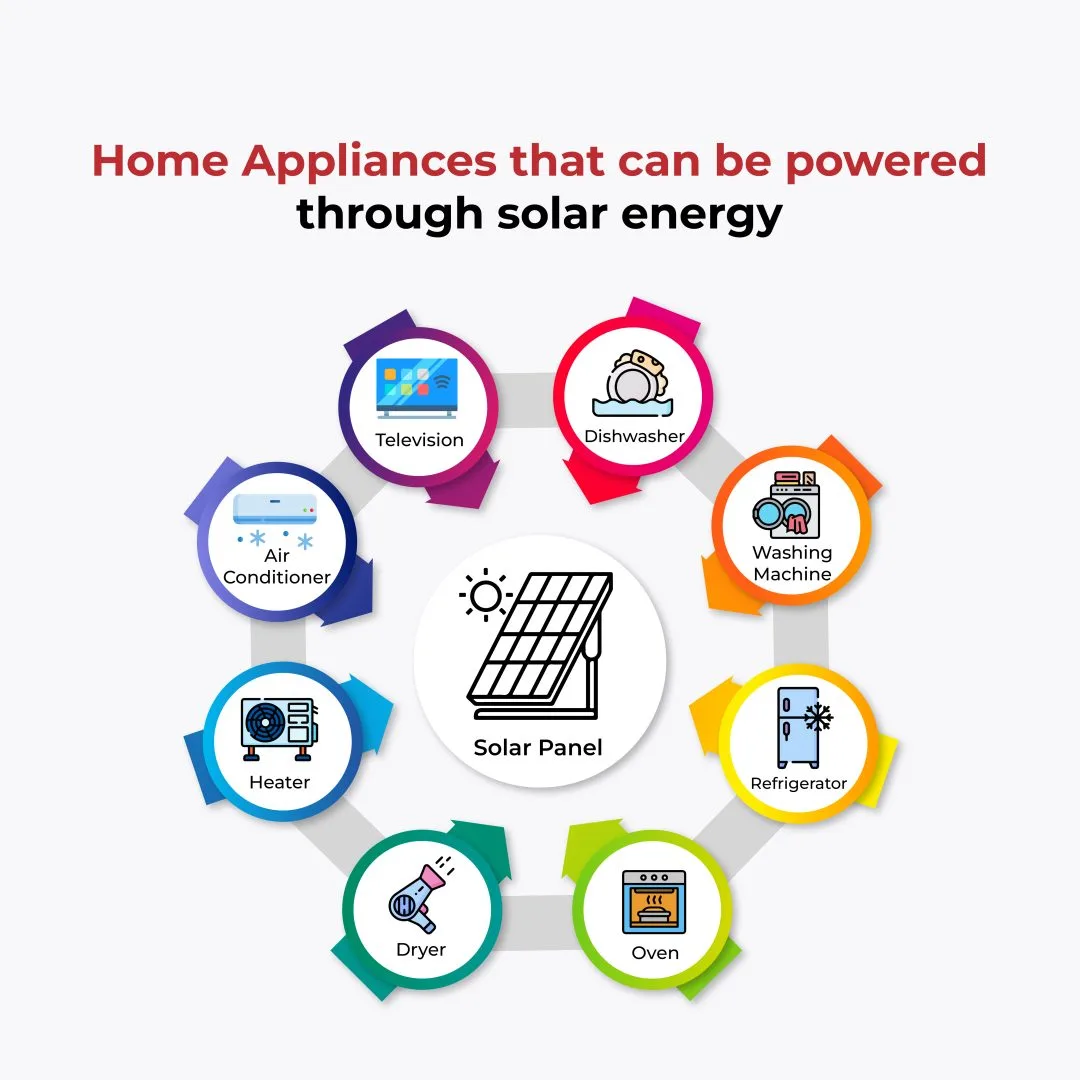
Solar panels convert sunlight into electricity, providing a renewable energy source for your household. The amount of energy produced depends on several factors such as the size of the system, the number of sunlight hours, and the efficiency of the panels. Understanding how much energy your home consumes is key to determining how many appliances and bedrooms your solar system can power.
Energy Consumption Per Bedroom: Key Factors
The number of bedrooms a solar system can support largely depends on your household’s energy consumption habits. For an average UK home, a single bedroom typically consumes between 2,000 to 3,000 kWh annually, depending on the devices used and personal energy efficiency efforts. This energy requirement includes lighting, heating, and the various electronic devices commonly used in a bedroom.
For example:
- One-bedroom homes may need smaller systems with capacities of 1.5kW to 2kW.
- Three to four-bedroom homes may require larger systems between 4kW to 6kW.
Appliances and Solar Capacity
Large Appliances
Large appliances in the home typically account for a significant portion of electricity consumption. Examples of these appliances include:
| Appliance | Annual Power Consumption (kWh) |
|---|---|
| Refrigerators | 200-600 kWh |
| Washing Machines | 200-400 kWh |
| Ovens | 1,000 kWh |
These large appliances require substantial power, so a household using solar will need a system capable of generating enough energy to meet these demands. A 4kW system, for example, could generate around 3,400 kWh annually, covering most of these appliances in an average home.
WHAT IS YOUR AVERAGE MONTHLY ELECTRICITY BILL?
Small Appliances
Smaller appliances, such as televisions, laptops, and microwaves, consume less energy but are often used more frequently. For instance:
| Appliance | Annual Power Consumption (kWh) |
|---|---|
| Television | 150-400 kWh |
| Laptops | 30-70 kWh |
| Microwave | 100-150 kWh |
Given their relatively low consumption, smaller appliances are easier to cover with solar power, even in homes with higher energy demands.
Heating and Cooling Systems
Heating and cooling systems, particularly electric heaters and air conditioning units, have a substantial impact on your energy consumption:
- Electric heating systems: Can use between 500 and 3,000 kWh annually, depending on the size and type of system.
- Air conditioning: Typically uses 300-800 kWh per year in moderate climates but can be higher in warmer areas.
Determining the Right Number of Solar Panels
The number of solar panels required to power your home depends on factors such as:
- Energy consumption: Total kWh used by your household.
- Panel efficiency: More efficient panels generate more power per square metre.
- Sunlight availability: The average number of sunlight hours in your location.
A typical solar panel produces about 250 to 400 watts. Therefore, for a household consuming around 4,000 kWh per year, a 4kW system (approximately 10-16 panels) would be sufficient.
Solar Power for Multi-Bedroom Homes
Two to Three-Bedroom Homes
For homes with two to three bedrooms, the energy consumption can vary widely based on appliance usage and lifestyle. On average, homes with multiple bedrooms consume between 3,000 to 6,000 kWh annually. A solar system between 3kW and 5kW would typically suffice for a household of this size, covering both the bedroom needs and essential appliances.
Four or More Bedrooms
Larger homes with four or more bedrooms require significantly more energy, particularly if occupants are using multiple high-energy appliances. Homes of this size might need a system ranging from 6kW to 10kW to ensure they can fully cover the energy demands, including heating, cooling, and extensive appliance use.
Factors Impacting Solar Panel Performance
Roof Size and Orientation
The size and orientation of your roof play a crucial role in the effectiveness of your solar panels. South-facing roofs typically generate the most energy in the UK, while roofs facing east or west may produce up to 20% less power. Roof size also limits the number of panels you can install, so homes with smaller roofs may need to opt for higher efficiency panels.
Local Climate
Solar panel output is also affected by local weather conditions. Areas with frequent cloud cover or fewer sunlight hours may experience reduced performance, though solar systems still function in cloudy weather. Energy storage options such as solar batteries can help offset these variations by storing excess power for later use.
Ready to Go Solar?
Quickly compare up to 4 FREE quotes
- ✅ Free Quotes, Easy Savings.
- ✅ Compare & Conquer Your Bills
- ✅ Save Big, Live Large, up to £1095/Year
© It only takes 22 seconds
Pro Tips for Maximising Solar Efficiency
- Use Appliances During Peak Sunlight Hours: Running high-energy appliances like washing machines and dishwashers during the daytime, when your panels are producing the most electricity, can help maximise your solar power usage.
- Install a Solar Battery System: Adding a solar battery allows you to store excess energy generated during sunny days, which can then be used at night or during less sunny periods.
- Regular Maintenance: Keep your solar panels clean and free from debris to ensure they are operating at peak efficiency. Regular maintenance can significantly extend the life and performance of your system.
FAQs
For a 3-bedroom house, you would typically need a 3kW solar panel system, which consists of 10 to 12 panels. However, this can vary depending on your energy usage and the efficiency of the panels.
Yes, but it depends on the size of your solar system and your total energy consumption. You may also need a solar battery to store excess energy for use during non-sunny periods.
A 5kW system typically costs between £6,000 and £8,000, including installation. Prices can vary based on your location, panel efficiency, and installer fees.



